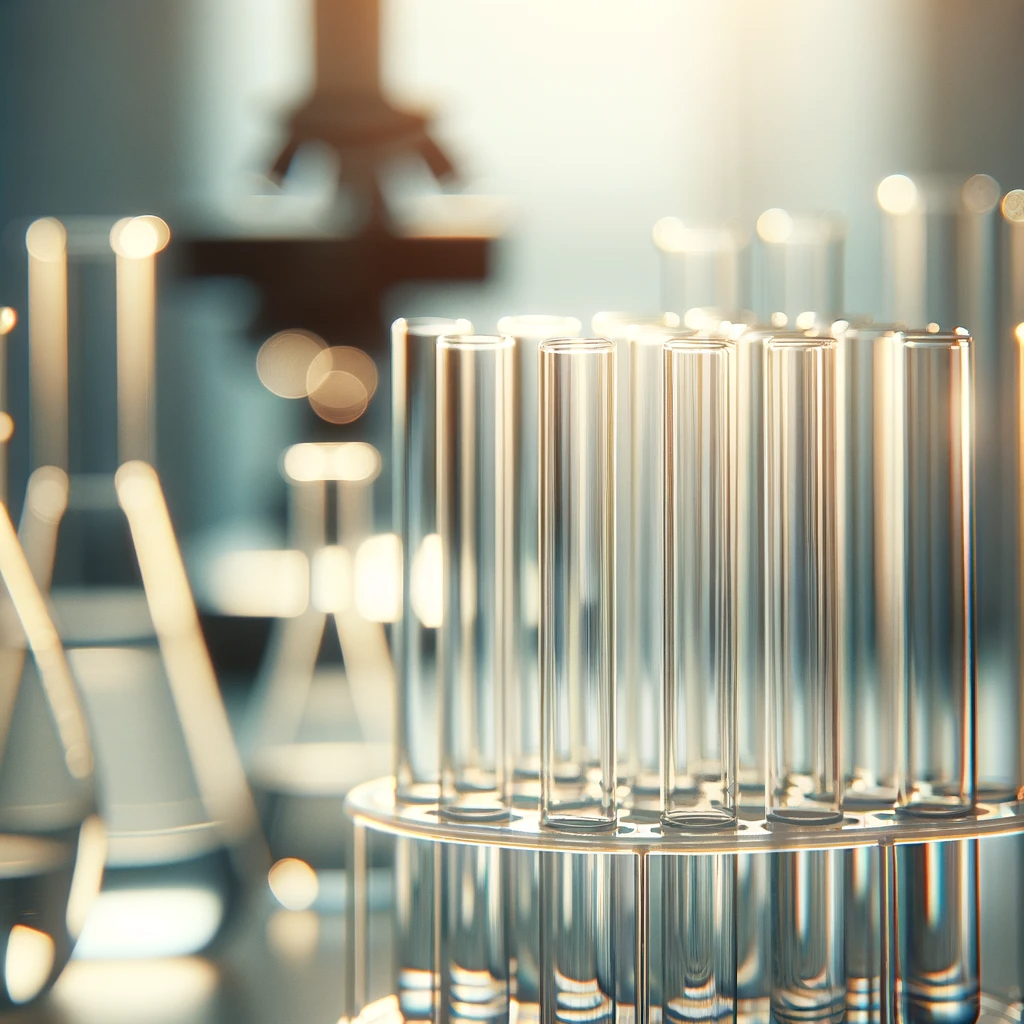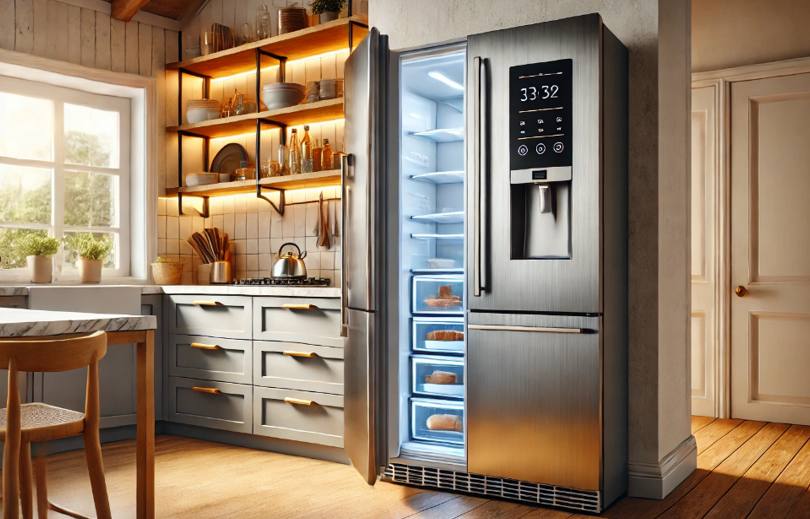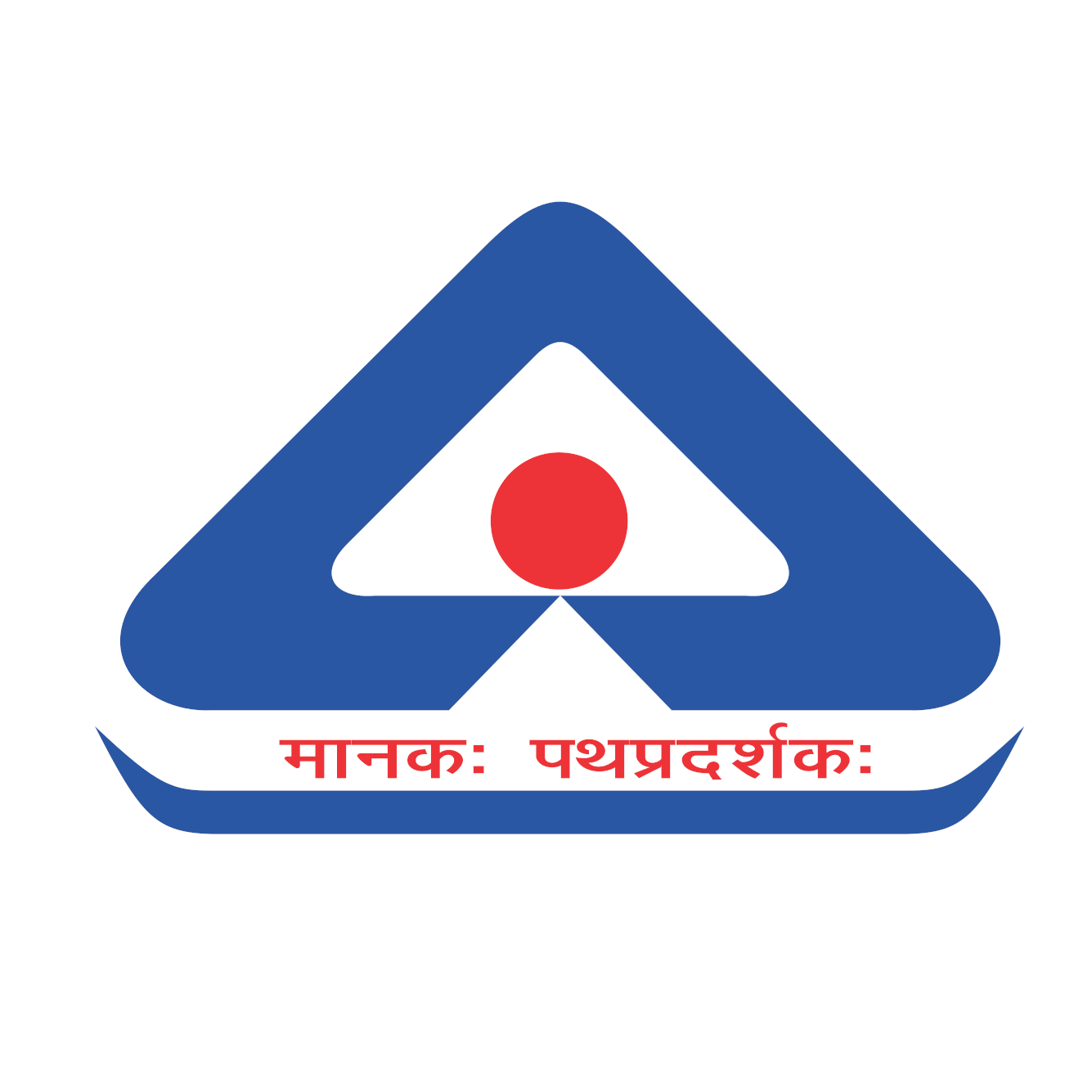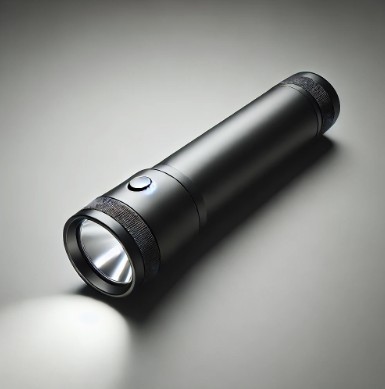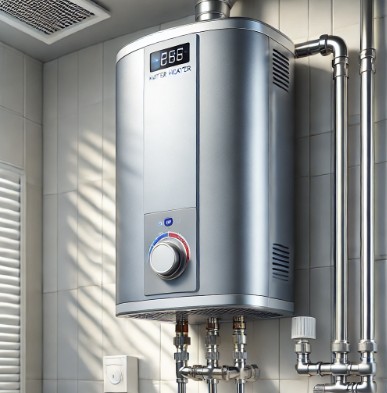India plans its own standards for air purification systems
19. February 2020Despite all the efforts of the Indian government in recent years, air pollution in India, especially in the greater New Delhi area, remains very high. Nevertheless, most equipment and sensors are still imported from abroad. Instruments for measuring and monitoring air quality as well as air filters and air purification systems are largely designed to European standards. For this reason, the Indian government is now planning to expand its own network of measuring stations to determine the true extent of nationwide air pollution for the first time.
There are currently around 30 measuring stations in Delhi and another 200 in other cities. The cost of building a station ranges from USD 200,000 to 350,000. It is expected that India will need thousands of these stations in the coming years, based on the current urban air pollution levels. Residents who can afford it, buy air filters and air purification systems. Schools, offices and public institutions invest in this technology, which promises clean and healthy air. Various scientific studies on air purifiers in India predict that this market alone will grow from the current $14.14 million to $38.99 million by 2023. Despite an increasing demand and a growing market, a large part of the equipment comes from abroad.
According to a spokesman for the Central Air Pollution Monitoring Bureau of India (CPCB), soot is another local problem. The technology currently in use, both sensors and air filters, are designed for the climate and air quality in Europe. While the AQI index for air quality there is below 100 on average, values of 500 are regularly achieved in Delhi. Therefore, different and more effective technologies are needed for India, said the CPCB spokesperson. The Indian Ministry of Environment is therefore now working with the CPCB and the National Physics Laboratory (NPL) on specific local guidelines for air measurement and purification equipment. In addition, an agreement will soon be signed with a national reference laboratory in the UK to develop and certify the equipment according to international standards. However, it is likely to take another 2 to 3 years before this process is completed, said the head of the NPL, Dr. Aswal. During this time, India is dependent on the import of foreign equipment. Electronic equipment needs to be certified by the Bureau of Indian Standards (BIS) before it can be imported into India. We will be happy to advise you whether your products are affected by this and support you with BIS certification.
Here you can find more information about the AIS/TAC certification, BIS certification, WPC certification and TEC certification.
Please do not hesitate to contact us for further details and consultation. You can contact us via e-mail, or call us (UK: +44 2071931135, Rest of Europe: +49 69 2713769150, US: +1 773 654-2673).
You can also download our brochures about the compulsory certifications here.




